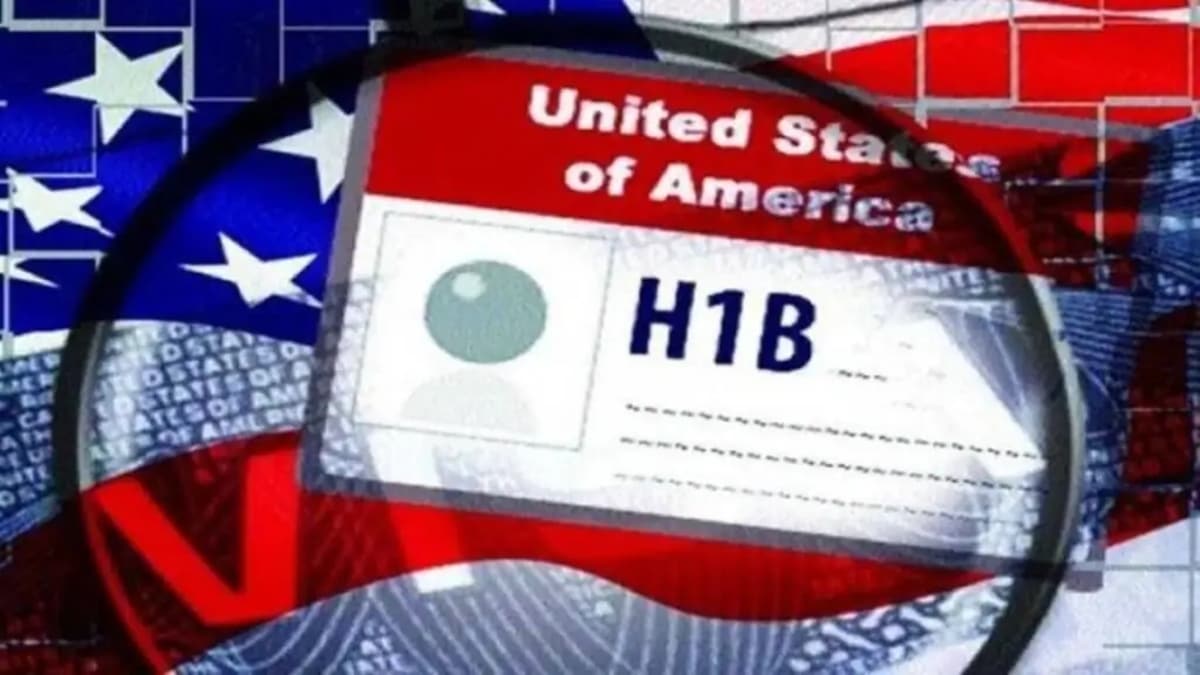Legal Challenge Targets Trump's $100K H-1B Fee Proclamation
This pivotal legal battle could redefine the financial landscape for U.S. employers seeking H-1B talent and directly impact the future accessibility of skilled foreign workers.

Subscribe to our newsletter and stay informed about latest H1B news, policy updates and and other developments.
Article Summary
The U.S. Chamber of Commerce and the Association of American Universities have filed a lawsuit in the U.S. District Court for the District of Columbia challenging a presidential proclamation mandating a $100,000 fee for certain H-1B petitions. The lawsuit argues that the proclamation, set to apply to petitions submitted after September 21, 2025, exceeds the President’s lawful authority by bypassing established notice-and-comment rulemaking processes. Plaintiffs contend this policy threatens to harm the U.S. economy by creating a shortage of skilled professionals.
Original Article: financialexpress.com
[ Sentiment: neutral | Tone: factual ]
This summary and analysis were generated by TheNewsPublisher's editorial AI. This content is for informational purposes only; it does not constitute legal or immigration advice.
[ Sentiment: neutral | Tone: factual ]
This summary and analysis were generated by TheNewsPublisher's editorial AI. This content is for informational purposes only; it does not constitute legal or immigration advice.
TNP AI: Key Insights
This legal challenge is significant because it directly questions the scope of executive authority in immigration policy, particularly regarding fee changes. Historically, H-1B fees have been set through legislative action or regulatory processes involving public comment, ensuring transparency and stakeholder input. A $100,000 fee, implemented by presidential proclamation, represents an unprecedented and substantial cost increase compared to existing H-1B fees, which typically range from a few hundred to a few thousand dollars.
For tech companies, research institutions, and other employers reliant on H-1B talent, the imposition of a $100,000 fee per petition would drastically inflate operational costs, potentially leading to reduced hiring of foreign professionals, a shift towards offshoring, or a decline in innovation. For current and prospective H-1B visa holders, this uncertainty surrounding future costs could limit career opportunities and increase anxiety about their ability to work in the U.S., emphasizing the high stakes of this litigation for both businesses and individuals.




